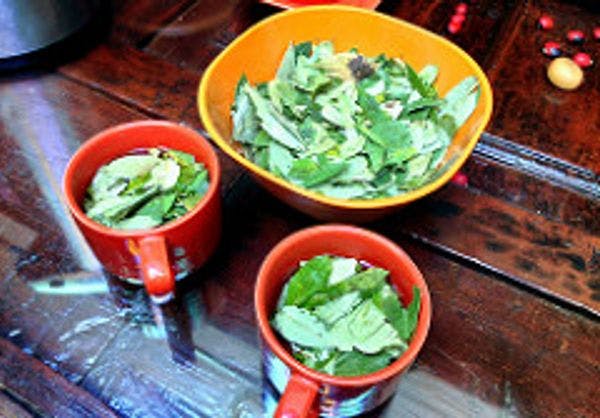Flickr CC Duane Storey
Stand up for your rights: A Quechua coca farmer and union leader describes her struggle against Bolivia’s forced eradication policies
By Roxana Argandoña as told to the Andean Information Network.
The Chapare is one of Bolivia’s main coca-growing regions, and it is home to the Quechua and Aymara Indigenous peoples, many of whom work as coca farmers. Although coca can be used to make cocaine, for centuries Bolivians and other Andean peoples have used it in medicine, as a mild appetite suppressant, and as a central element in religious ceremonies. Between the late 1980s and 2004, when Evo Morales was elected president, the U.S. war on drugs had a devastating effect on Chapare coca growers. During that period, U.S.-funded forced eradication policies led to violent conflicts between Indigenous farmers and government troops. The ascension of Morales, who took power in 2005 as the first Indigenous Bolivian president, brought that policy to an end. Since then, the administration has implemented a regulatory model for coca cultivation known as social control, which is based on cooperative coca reduction efforts and shared responsibility between the state and growers. Roxana Argandoña is a Quechua coca farmer whose family has lived in the region for generations.
